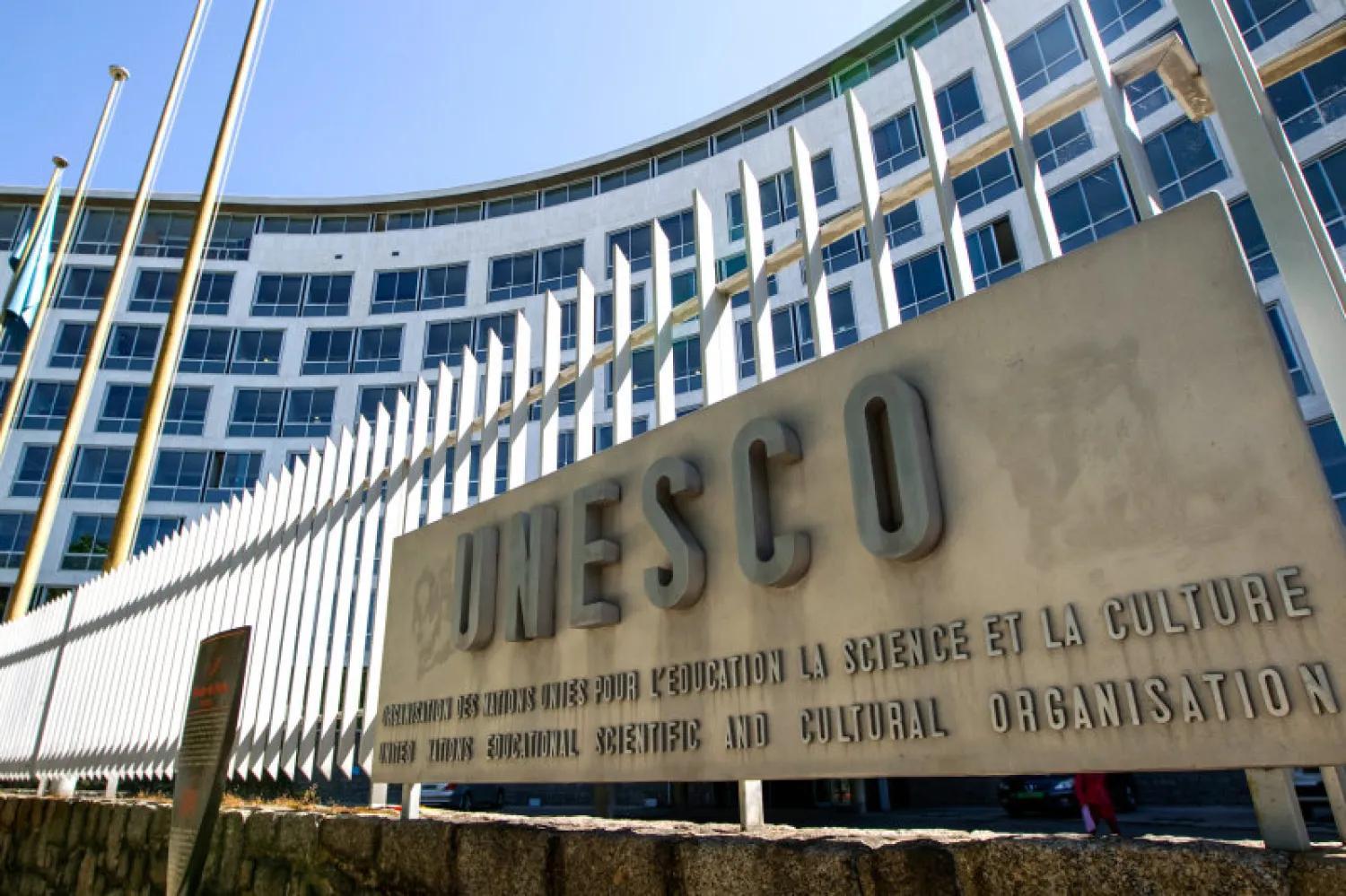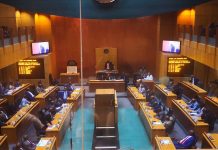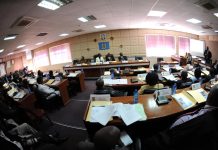Africa-Press – Botswana. United Nations Educational, Scientific and Cultural Organization (UNESCO), a multilateral institution, is a global family united by a mission to build peace and sustainable development through education, science, culture, and communication.
Botswana National Commission secretary general, Mr Itseng Kwelagobe said at a stakeholder engagement when sharing on roles and operations of UNESCO, and how National Commissions interface within the overall execution of UNESCO mandate at country level.
The commissions, he said were its custodians within member states, ensuring the mission was not only promoted, but also felt in schools, heritage sites, scientific institutions, media, and the communities.
“As Botswana’s National Commission, we remain committed to preserving our heritage in all its manifestations, to advancing education and knowledge, and to contributing meaningfully to the collective goals of humanity,” he added. Mr Kwelagobe therefore called on stakeholders to work together in the spirit of cooperation and shared responsibility.
Speaking to structure and functioning of Botswana National Commission (NATCOM) for UNESCO, he said it operated under a lean but high-level governance structure headed by the president of the NATCOM, who is currently the Minister of Child Welfare and Basic Education and who also served as the minister responsible for relations with UNESCO.
The dual role, he said ensured strong political oversight and alignment between national priorities and UNESCO’s global vision. The National Commission is mandated to meet twice a year, during which it reviews progress reports from its various Programme Committees.
Stakeholders also learnt that UNESCO, since 1945 had a clear and enduring vision: to build peace in the minds of women and men through international cooperation in education, sciences, culture, communication, and information.
Mr Kwelagobe further said the mission was anchored in promoting knowledge sharing and the free flow of ideas with the aim to accelerate mutual understanding and sustainable development across nations.
A unique and defining feature of UNESCO, he said was its role as a laboratory of ideas citing that meant UNESCO did not merely implement programmes but served as a global platform where new and emerging ideas were developed, tested, refined, and shared with member states to shape policy and inform national practice.
“Whether it is through education transformation, harnessing artificial intelligence for inclusive development, safeguarding cultural heritage, or promoting freedom of expression, UNESCO leads the way in thought leadership and in developing frameworks that shape both global and local priorities”.
On heritage preservation, he said that UNESCO played pivotal role in ensuring that the tangible and intangible heritage of humanity was protected and passed on to future generations.
Through implementation of various conventions including World Heritage Convention, Intangible Cultural Heritage Convention, and Convention for the Protection of Cultural Property in the Event of Armed Conflict, Mr Kwelagobe said UNESCO assisted member states to identify, protect, conserve, and transmit heritage in all its forms.
He informed the gathering that the global mandate of UNESCO was meaningful when translated into national priorities and implemented on and “this is precisely where National Commissions comes in to ensure that programmes, policies, and frameworks are not only domesticated but are also aligned with national development agendas,” he said.
For More News And Analysis About Botswana Follow Africa-Press






